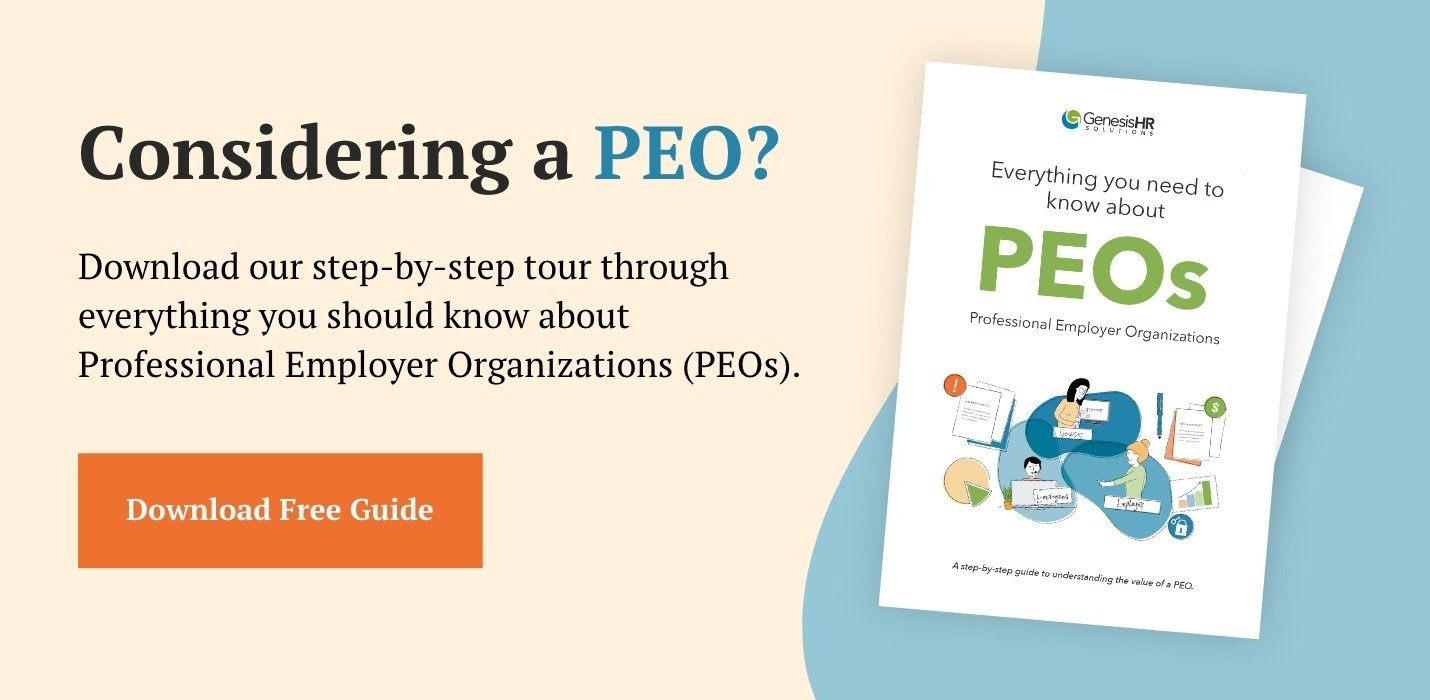Sometimes the most important meeting you have with an employee is the one on their way out the door for the last time—the exit interview. An exit interview has the potential to be valuable because it may be the only time you find out what’s really going on with your employees and company. Knowing how important this last meeting is, HR managers and company leaders should spend time making sure their exit interviews are thorough and get to the heart of issues within your company. The exit interview best practices and tips listed below will help you do that, which can, in turn, help you improve your workplace.
17 Best Practices For Exit Interviews
- An exit interview should be the very last thing an employee does on their last day of work. By the time the interview takes place, all goodbyes should have been said, final work should be complete, and the last stop is HR.
- Remind your employee that anything said will be confidential, unless they raise a concern that needs to be investigated.
- Keep exit interviews concise. They should be no longer than an hour, and ideally around 30 minutes.
Learn how to improve your company’s approach to your employee lifecycle, from interviewing to performance management to termination, in our free guide: The Employee Lifecycle Roadmap.
- Have a prepared list of questions to ask beforehand.
- Ask tough questions and prod for honest answers (not easy ones). Though this can be difficult, what you learn can be very valuable in terms of finding out the truth about your employees and management.
- Ask detailed follow-up questions regarding anything an employee brings up in the interview. You may need to keep digging for information beyond the employee’s initial answer to get to the truth.
What questions should you ask at an exit interview?
To get the kind of informative answers you’re looking for, we recommend asking open ended questions that cannot simply be answered with yes or no.
- What did you like best about working here? What did you like least?
- Did you have access to all the resources you needed to be successful?
- What training did you need more of? Did you get enough training?
- Did you like the company culture?
- How do you feel about the way management operated the company?
- What did you think about employee referral programs, recognition, and benefits?
- What did you appreciate most about working here?
- Who helped you the most?
- If you could replace one thing in your current position, what would that be?
- Could we change anything to have you stay with our company?
- Did you feel your pay is competitive? Are you leaving only because of money?
- Did your manager follow up with you when you had questions or concerns?
- How did you like our annual review process?
- Is there any advice you’d like to give our company on how to improve?
- What can we do to make our company a better place to work?
- Did you like where and how you worked?
- Remind employees of the policies they agreed to at hiring. If you have any non-disclosure or confidentiality agreements, remind them that those agreements are still binding and give them a copy. Also remind them that they are not allowed to take company secrets or share data.
- Have employees return any property of the company. Collect company phones, badges, keys, credit cards, security clearance information, etc.
- Ask about the employee’s last expense report, if not completed give a deadline for the completion and information on where to submit.
- Ask for and keep any proprietary documents the employee might have. Anything on your checklist should be accounted for in this meeting; otherwise, it could be difficult to get items back from a former employee.
- Finalize their employment benefits. Let them know about COBRA rules and when they will be eligible.
- Let the employee vent if they have anything to say. It’s better to allow disgruntled employees to vent to you in private, than to do so on social media or other public outlets.
- Don’t allow managers to conduct exit interviews with their employees. Instead, exit interviews should be conducted by a neutral party, which is usually HR.
- Consider providing the exit interview questions to the departing employee in advance of the actual interview. This gives them time to consider the questions and provide thoughtful answers.
- Keep the exit interview positive. Be excited for the employee and their new opportunity, and allow them to leave on a high note—not feeling guilty for quitting.
- Remember that some employees just won’t want to discuss anything, and you can’t force them to talk.
- Escort the employee to the door, thank them for what they’ve shared, and look into whatever issues they’ve raised.
What To Do With Exit Interview Data
After the meeting, you may be wondering what to do with the exit interview data. Companies approach this in different ways, but the key is to compile the information into meaningful takeaways that can help your business improve and make changes when necessary.
After an employee exit interview, the key is to compile the information into meaningful takeaways that can help your business improve and make changes when necessary. Share on XThe best organizations put this information into a matrix and look for trends. Is turnover usually salary or pay-related? Are employees leaving for other employers who pay more? Do certain managers have excessive turnover? This kind of analysis requires time and effort, but it is worth it. Some tips for using the data:
- Don’t let the data just sit on a shelf! This is the worst mistake an HR professional or company can make when it comes to exit interviews. If you don’t analyze your findings, there’s no point in conducting the interviews.
- Take time to compile the data you’ve gathered and identify trends.
- Look for any compliance-related issues.
- Formulate a plan to how to improve retention, especially if you see trends around the reasons people leave.
- With the data and trends you’ve identified, take action. This may include retraining, implementing new or different supervision, removing responsibilities, etc.
- Evaluate your benefits to see if you can subsidize, shop out, or enhance your benefit offerings.
Genesis HR Solutions: Your PEO Partner In Every Step Of The Employee Lifecycle
At Genesis, our team of HR experts can walk you through every aspect of the employee lifecycle and help you identify opportunities for improvement. We can assist you with the following:
- Generating turnover reports that help you see why turnover exists. You can get monthly, weekly, or yearly snapshots by department or job class to provide visibility into where turnover exists, and take steps to address it.
- Tracking and monitoring areas of improvement as identified in your exit interviews.
- Creating or redesigning exit interviews that ask the right questions.
While you may not be able to prevent every employee from leaving, the information you gather will help you to retain more people in the future. With a PEO partner like Genesis, this is an easy change you can make that could save you money and time. Learn more about a partnership with Genesis with a free discovery call.




